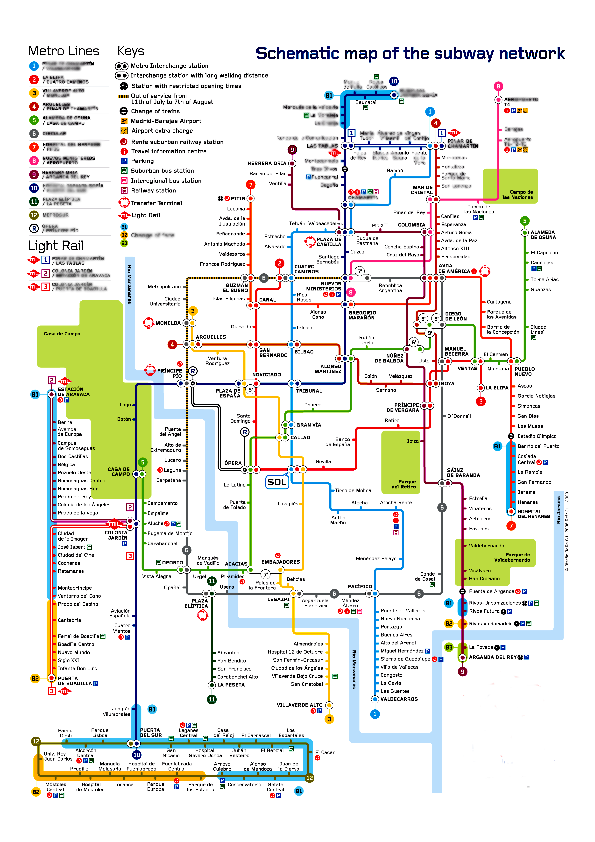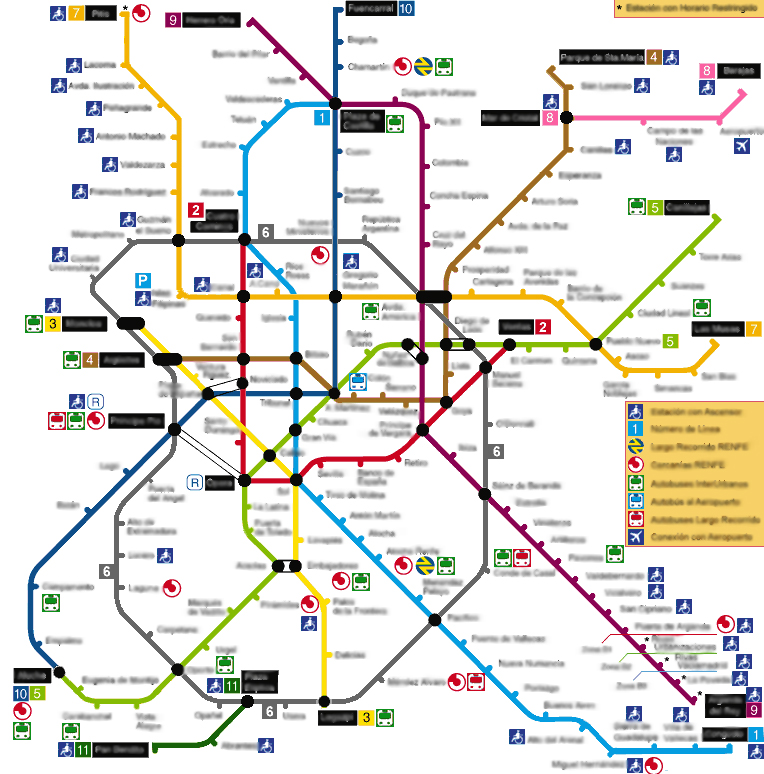Commuter attempts to encourage response by negotiating notions of the self. How is the self endlessly reconstituted through self-reflection, trauma, relationship, and love? Between author and reader/audience, amid horrific contemporary events Belflower reconceives poetry as a secondary witness. Employing poetry to shape a new mode of responsibility, Commuter contends with atrocity. Yet this response is not based on a logic of exclusion or hostile conflict; rather, this powerful first book models the courage of the witness as a compelling poetic subjectivity.
“One of the most difficult yet urgent questions of our time is what it means to be an intimate, loving human in a world filled with constant explosions. An answer, James Belflower’s Commuter suggests, might lie somewhere in the dialogue between poetry’s ability to give voice to trauma and contemporary philosophical attempts to understand the subject in relation Commuter is a painfully beautiful and transformatively aestheticized book.”
“Parallel lines meet in infinity. Paralleled lives meet in eternity or right here in the poem. In the inbetweeness, the Barzakh, that is the poem. Or in the silent white space that separates the narrative-fragments on the page. And the strangeness of the ‘it’ that is questioned in turn questions Mallarmé’s insistence that everything is meant to wind up in a book. What Belflower’s work seems to point to is the fact that ‘it’ leaks—out of the book and into the world, and from the world into the book. What is at stake here is circulation: of people, of words, of love, of blood—printer’s bleed & terrorist victim’s blood—, of reading that turns into writing and vice-versa. This book of multiple narratives and troubled typographies which may be ‘incompletely/ confused’, asks you to be a (not so innocent) active performer as much as reader. Take the risk.”
Below are alternative versions of subway maps I considered for Commuter.



